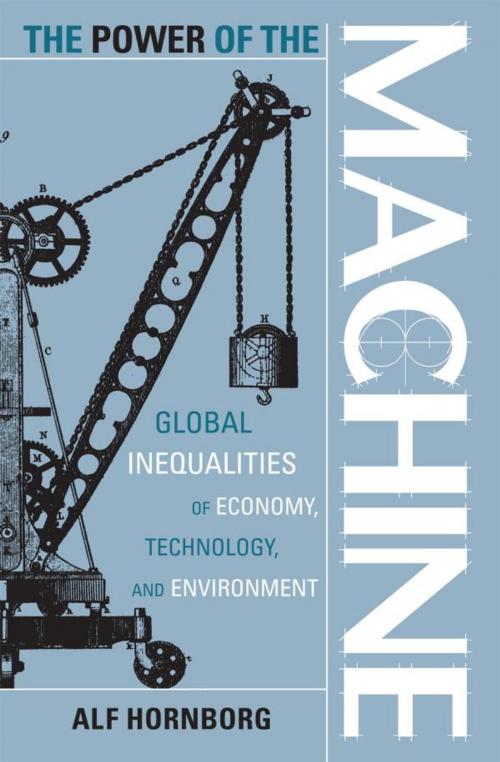The Power of the Machine
Global Inequalities of Economy, Technology, and Environment
Nonfiction, Social & Cultural Studies, Social Science, Anthropology| Author: | Alf Hornborg | ISBN: | 9780759116917 |
| Publisher: | AltaMira Press | Publication: | October 16, 2001 |
| Imprint: | AltaMira Press | Language: | English |
| Author: | Alf Hornborg |
| ISBN: | 9780759116917 |
| Publisher: | AltaMira Press |
| Publication: | October 16, 2001 |
| Imprint: | AltaMira Press |
| Language: | English |
Hornborg argues that we are caught in a collective illusion about the nature of modern technology that prevents us from imagining solutions to our economic and environmental crises other than technocratic fixes. He demonstrates how the power of the machine generates increasingly asymmetrical exchanges and distribution of resources and risks between distant populations and ecosystems, and thus an increasingly polarized world order. The author challenges us to reconceptualize the machine—'industrial technomass'—as a species of power and a problem of culture. He shows how economic anthropology has the tools to deconstruct the concepts of production, money capital, and market exchange, and to analyze capital accumulation as a problem at the very interface of the natural and social sciences. His analysis provides an alternative understanding of economic growth and technological development. Hornborg's work is essential for researchers in anthropology, human ecology, economics, political economy, world-systems theory, environmental justice, and science and technology studies. Find out more about the author at the Lund University, Sweden web site.
Hornborg argues that we are caught in a collective illusion about the nature of modern technology that prevents us from imagining solutions to our economic and environmental crises other than technocratic fixes. He demonstrates how the power of the machine generates increasingly asymmetrical exchanges and distribution of resources and risks between distant populations and ecosystems, and thus an increasingly polarized world order. The author challenges us to reconceptualize the machine—'industrial technomass'—as a species of power and a problem of culture. He shows how economic anthropology has the tools to deconstruct the concepts of production, money capital, and market exchange, and to analyze capital accumulation as a problem at the very interface of the natural and social sciences. His analysis provides an alternative understanding of economic growth and technological development. Hornborg's work is essential for researchers in anthropology, human ecology, economics, political economy, world-systems theory, environmental justice, and science and technology studies. Find out more about the author at the Lund University, Sweden web site.















